“BEFORE WE BEGIN: Christian nationalism is a cultural framework that idealizes and advocates fusion of certain Christian views with American civic life.” We are not talking about Fourth of July picnics and fireworks, we are not talking about our supporting our veterans and troops. Instead, Christian Nationalism is a movement that seeks to promote Christian, white, male dominance in our world and at its extreme is willing to sacrifice democracy and use violence against minorities and those who challenge the system under the guise of Christian freedom. Christian nationalism is about division and bears little resemblance to the Gospel of Jesus Christ.”
I might be dating myself, but this song continues to hit a chord for me, but it answers an important question that many faith leaders are wrestling with these days.
How can we as Christians live our faith in public and honor the vibrancy of religious diversity and a separation between our theological beliefs and societal norms?
The assumption is that Christians much either be out there advocating for Christian power OVER others or we silence our faith and values. The reality is there actually another option.
Christians should not run from faith in the public sphere, instead we should ask “Where is the Love?” Christian nationalism replaces a loving gospel message of forgiveness, love, and grace with a message grounded in political power. The Christian gospel message should call Christian leaders to publicly stand with the hungry, the marginalized, the stranger, the widow and orphan, and others in our community who are scapegoated and attacked.
Christian leaders should approach the public sphere by advocating and lifting up love of neighbor and ask policymakers (public servants) where is the love?
We can disagree on how to fix the immigration system, but can we acknowledge that refugees and asylum seekers are worthy of love and are not our enemy?
We can disagree on how to address hunger but can’t we agree that all deserve their daily bread?
We can disagree on how to expand affordable housing, but can’t we agree that all of our neighbors deserve a home and safety?
Simply put, when we hear judgement and damnation of our neighbor, when we hear us vs them language, when we hear division, we must ask ourselves and our public officials, where is the love? Imagine if every policy proposal or rhetorical saying put out by the Harris-Walz or Trump-Vance campaigns were asked ‘where is the love’? Does this policy show love to our neighbor or further divide us?
This single question - Where is the Love - is the role of the Church in our divided and broken world. This is the question we must continuously ask and push our candidates to lean into.
The message of the Gospel in our Christian tradition is a message for a broken and divided world, where the powerful try to gain more power, more wealth, and more influence. The Gospel message calls out this quest for power over others and replaces division with reconciliation, hurt with healing, and cynicism with a hope that can be found at the foot of an empty cross that declares to the world that empire and might are no match for the loving power of forgiveness, healing, and grace.
This election cycle and afterwards, remember we can bring or faith into our role as citizen and neighbor. In fact, our faith compels us to do so. Not for power or pushing our faith, but to ask the question - where is the love in our world today and how can we be more loving.

